Com on wanre niht scri an sceadugenga
an sceadugenga
From out of the wan night slides the shadow walker
Beowulf
CONTENTS

T he spelling of place-names in Anglo Saxon England was an uncertain business, with no consistency and no agreement even about the name itself. Thus London was variously rendered as Lundonia, Lundenberg, Lundenne, Lundene, Lundenwic, Lundenceaster and Lundres. Doubtless some readers will prefer other versions of the names listed below, but I have usually employed whichever spelling is cited in either the Oxford Dictionary of English Place-Names or the Cambridge Dictionary of English Place-Names for the years nearest or contained within Alfreds reign, A . D . 871899, but even that solution is not foolproof. Hayling Island, in 956, was written as both Heilincigae and Hglingaigg. Nor have I been consistent myself; I should spell England as Englaland, and have preferred the modern form Northumbria to Nor hymbralond to avoid the suggestion that the boundaries of the ancient kingdom coincide with those of the modern county. So this list, like the spellings themselves, is capricious.
hymbralond to avoid the suggestion that the boundaries of the ancient kingdom coincide with those of the modern county. So this list, like the spellings themselves, is capricious.
thelingg | Athelney, Somerset |
Alclyt | Bishop Auckland, County Durham |
Ba um (pronounced Bathum) um (pronounced Bathum) | Bath, Avon |
Bebbanburg | Bamburgh Castle, Northumberland |
Berrocscire | Berkshire |
Cair Ligualid | Carlisle, Cumbria |
Cetreht | Catterick, Yorkshire |
Cippanhamm | Chippenham, Wiltshire |
Contwaraburg | Canterbury, Kent |
Cumbraland | Cumbria |
Cuncacester | Chester-le-Street, County Durham |
Cynuit | Cynuit Hillfort, nr Cannington, Somerset |
Defnascir | Devonshire |
Dornwaraceaster | Dorchester, Dorset |
Dunholm | Durham, County Durham |
Dyflin | Dublin, Eire |
Eoferwic | York |
Ethandun | Edington, Wiltshire |
Exanceaster | Exeter, Devon |
Fifhidan | Fyfield, Wiltshire |
Gleawecestre | Gloucester, Gloucestershire |
Gyruum | Jarrow, County Durham |
Hamptonscir | Hampshire |
Haithabu | Hedeby, trading town in southern Denmark |
Heagostealdes | Hexham, Northumberland |
Hedene | River Eden, Cumbria |
Hocchale | Houghall, County Durham |
Horn | Hofn, Iceland |
Hreapandune | Repton, Derbyshire |
Kenet | River Kennet |
Lindisfarena | Lindisfarne (Holy Island), Northumberland |
Lundene | London |
Onhripum | Ripon, Yorkshire |
Pedredan | River Parrett |
Readingum | Reading, Berkshire |
Scireburnan | Sherborne, Dorset |
Snotengaham | Nottingham, Nottinghamshire |
Strath Clota | Strathclyde |
Sumorste | Somerset |
Suth Seaxa | Sussex (South Saxons) |
Synningthwait | Swinithwaite, Yorkshire |
Temes | River Thames |
Thornsta | Dorset |
Thresk | Thirsk, Yorkshire |
Tine | River Tyne |
Tuede | River Tweed |
Wiire | River Wear |
Wiltun | Wilton, Wiltshire |
Wiltunscir | Wiltshire |
Wintanceaster | Winchester, Hampshire |
I wanted darkness. There was a half-moon that summer night and it kept sliding from behind the clouds to make me nervous. I wanted darkness.
I had carried two leather bags to the small ridge which marked the northern boundary of my estate. My estate. Fifhaden, it was called, and it was King Alfreds reward for the service I had done him at Ethandun where, on the long green hill, we had destroyed a Danish army. It had been shield wall against shield wall, and at its end Alfred was king again and the Danes were beaten, and Wessex lived, and I daresay that I had done more than most men. My woman had died, my friend had died, I had taken a spear thrust in my right thigh, and my reward was Fifhaden.
Five hides. That was what the name meant. Five hides! Scarce enough land to support the four families of slaves who tilled the soil and sheared the sheep and trapped fish in the River Kenet. Other men had been given great estates and the church had been rewarded with rich woodlands and deep pastures, while I had been given five hides.
I hated Alfred. He was a miserable, pious, tight-fisted king who distrusted me because I was no Christian, because I was a northerner, and because I had given him his kingdom back at Ethandun. And as reward he had given me Fifhaden. Bastard.
So I had carried the two bags to the low ridge that had been cropped by sheep and was littered with enormous gray boulders that glowed white when the moon escaped the wispy clouds. I crouched by one of the vast stones and Hild knelt beside me.
She was my woman then. She had been a nun in Cippanhamm, but the Danes had captured the town and they had whored her. Now she was with me. Sometimes, in the night, I would hear her praying and her prayers were all tears and despair, and I reckoned she would go back to her god in the end, but for the moment I was her refuge. Why are we waiting? she asked.
I touched a finger to my lips to silence her. She watched me. She had a long face, large eyes, and golden hair under a scrap of scarf. I reckoned she was wasted as a nun. Alfred, of course, wanted her back in the nunnery. That was why I let her stay. To annoy him. Bastard.
I was waiting to make certain that no one watched us. It was unlikely, for folk do not like to venture into the night when things of horror stalk the earth. Hild clutched at her crucifix, but I was comfortable in the dark. From the time I was a small child I had taught myself to love the night. I was a sceadugengan, a shadow-walker, one of the creatures other men feared.


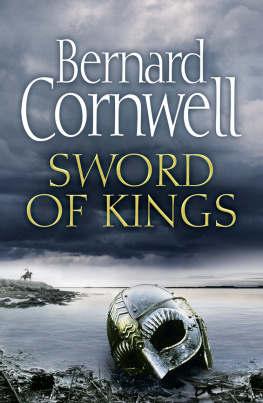

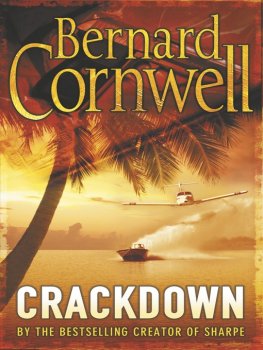
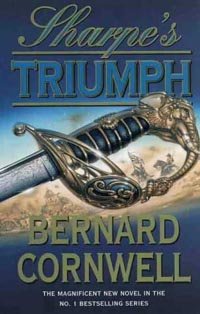
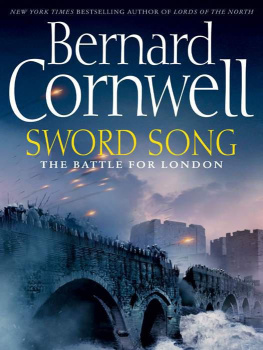
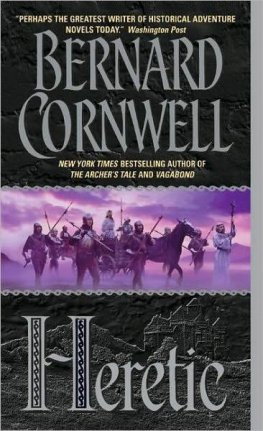
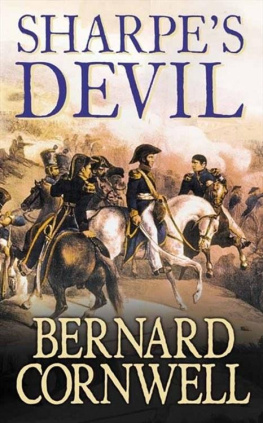
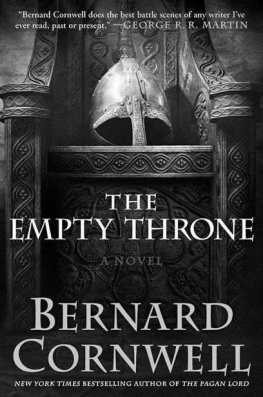
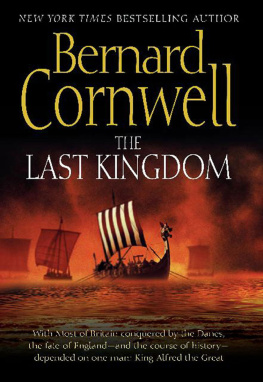
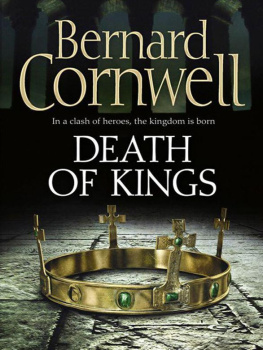

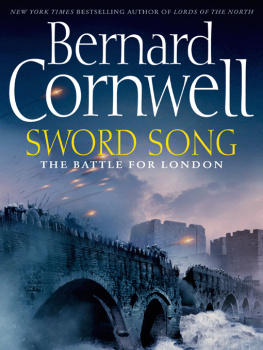
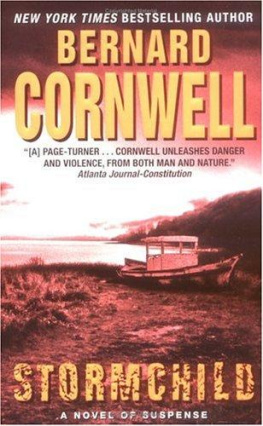
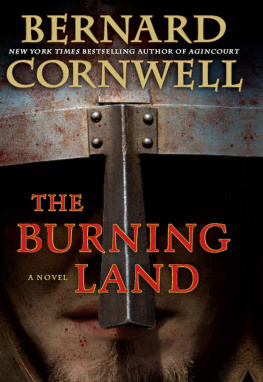

 an sceadugenga
an sceadugenga